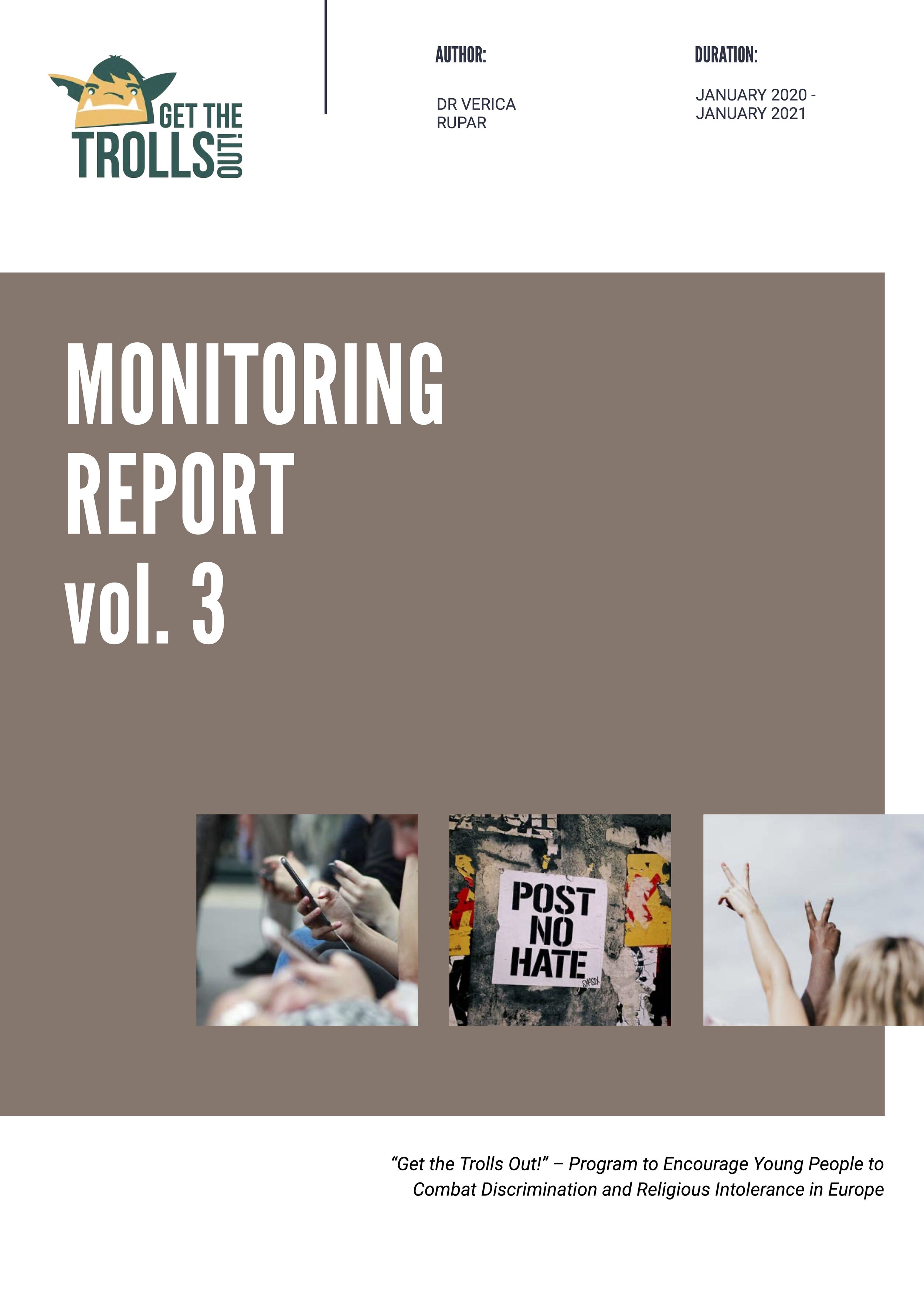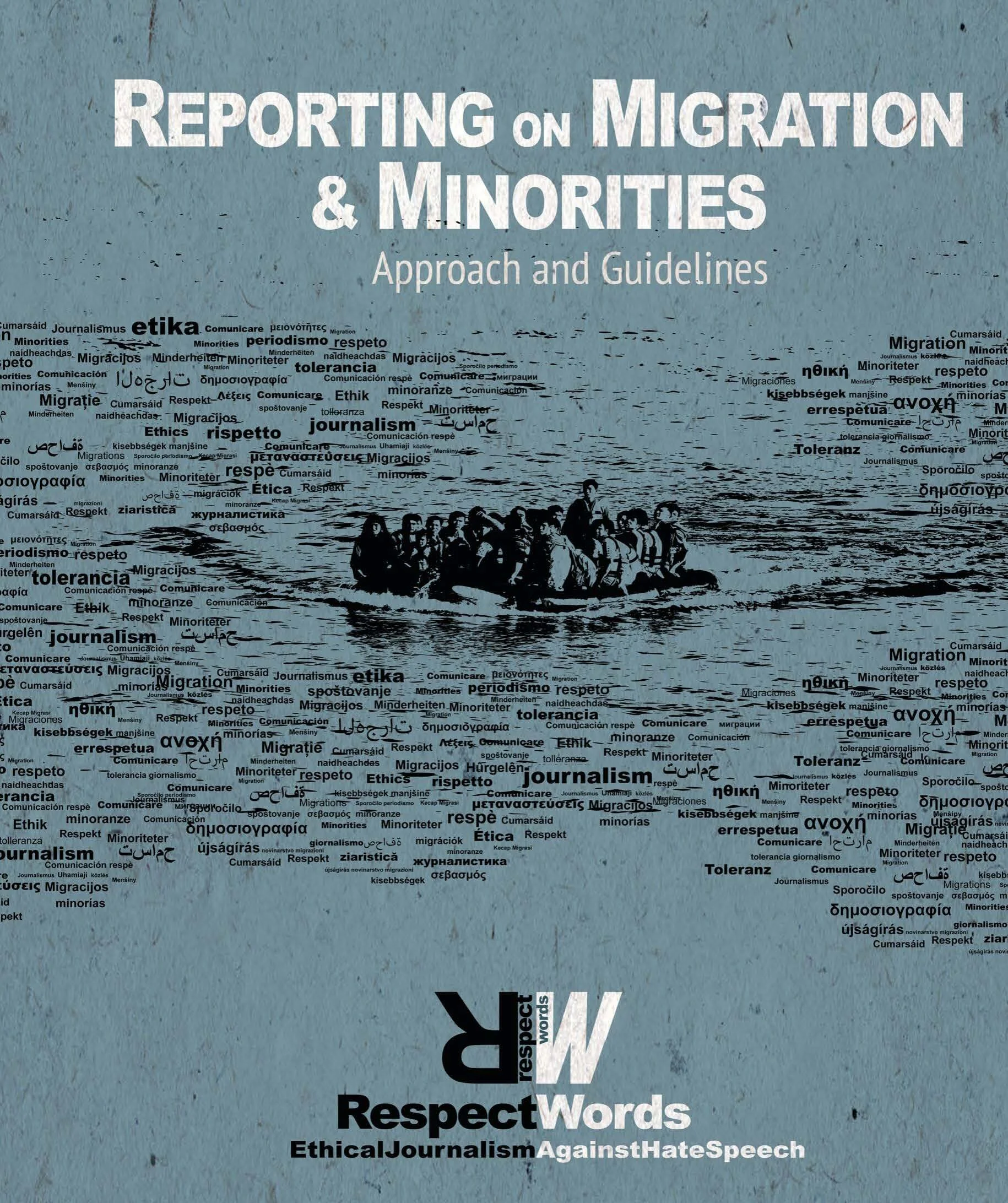Monitoring Reports
Elemzés az izraeli-gázai konfliktusról szóló médiatudósításokról a GTTO projekt országaiban
Hamas’ October 7th attack on Israel and the subsequent invasion of Gaza launched a massive wave of news coverage all around the world. In disseminating information about the conflict itself as well as the larger historical and religious context, media organisations have approached the events from a variety of political and social perspectives. The GTTO partners reviewed the coverage in their respective countries. This is the translation in Hungarian.
Reflectarea conflictului Israel-Gaza în mass-media din țările GTTO
Hamas’ October 7th attack on Israel and the subsequent invasion of Gaza launched a massive wave of news coverage all around the world. In disseminating information about the conflict itself as well as the larger historical and religious context, media organisations have approached the events from a variety of political and social perspectives. The GTTO partners reviewed the coverage in their respective countries. This is the translation in Romanian
Couverture médiatique du conflit Israël-Gaza dans les pays d'opération de GTTO
Hamas’ October 7th attack on Israel and the subsequent invasion of Gaza launched a massive wave of news coverage all around the world. In disseminating information about the conflict itself as well as the larger historical and religious context, media organisations have approached the events from a variety of political and social perspectives. The GTTO partners reviewed the coverage in their respective countries. This is the translation in French.
Relacje mediów w krajach działania GTTO na temat konfliktu Izrael - Strefa Gazy
Hamas’ October 7th attack on Israel and the subsequent invasion of Gaza launched a massive wave of news coverage all around the world. In disseminating information about the conflict itself as well as the larger historical and religious context, media organisations have approached the events from a variety of political and social perspectives. The GTTO partners reviewed the coverage in their respective countries. This is the translation in Polish.
Reporting on Flemish news outputs of the Israel-Gaza conflict
An in-depth analysis of Flemish news media coverage on the Israel-Gaza conflict: GTTO partner EUJS investigates how Flemish media in Belgium have reported on the Israel-Gaza conflict, uncovering key themes, narratives and patterns in coverage.
MEDIA COVERAGE ON THE ISRAEL-GAZA CONFLICT ACROSS GTTO COUNTRIES OF OPERATION
Hamas’ October 7th attack on Israel and the subsequent invasion of Gaza launched a massive wave of news coverage all around the world. In disseminating information about the conflict itself as well as the larger historical and religious context, media organisations have approached the events from a variety of political and social perspectives. The GTTO partners reviewed the coverage in their respective countries.
HOW CAN REPORTING ON THE ISRAEL-PALESTINE CONFLICT BE SUCCESSFUL IN A MIGRATION SOCIETY?
Journalists play a crucial role in providing context and raising awareness about the Israel-Palestine conflict, often facing hostility themselves. As the conflict fuels antisemitism and anti-Muslim racism in Germany, responsible reporting is essential to prevent the spread of hatred. Neue deutscheMedienmacher*innen outlines how inclusive, pluralistic journalism can approach this sensitive issue, offering best-practice examples from German media.
SHADOW MONITORING EXERCISE REPORT 2021
From February 15th – 28th a team of 3 monitors from the Media DiversityInstitute, as part of the Get The Trolls Out! project, monitored a select few social media platforms for religious hate speech, focusing on calls for violence. This report outlines the main findings in the report, including worrying hate speech trends spotted on social media platforms.
Omissions and Distortions in Hungarian Public Service Media Coverage of Migration
Our Hungarian partner, the Centre for Independent Journalism, analysed editorial practices at national broadcaster, MTVA’s 24-news channel M1. Through three case studies they concluded the national broadcaster MTVA consistently omits facts and distorts the truth in its coverage of migration issues in Western Europe.
A YEAR IN MEDIA MONITORING VOL. 3
Dr. Rupar analysed 275 incidents the GTTO team registered over the period between January 2020 and January 2021.
A Closer Look at Hungarian Sensationalist News Agency V4NA
Our Hungarian partner, the Centre for Independent Journalism, noticed that for many of the media cases they found through hate-speech monitoring, a news agency called V4NA (V4 News Agency) was cited as the main source of information. Together with Hungarian platform 444.hu, content from V4NA was analysed to understand more about what messages they were attempted to spread.
A YEAR IN MEDIA MONITORING VOL. 2
Dr. Rupar analysed 604 incidents the GTTO team registered over the period between January 2019 and January 2020.
A YEAR IN MEDIA MONITORING VOL. 1
We started monitoring the media for antireligious hate speech and inflammatory reporting in January 2018. In the first year of monitoring, we've registered 310 incidents. Dr Verica Rupar analysed the incidents, and wrote a report on them.
TOXIC NARRATIVES: MONITORING ALTERNATIVE-RIGHT ACTORS
This report about monitoring of alternative-right actors was published by Amadeu Antonio Stiftung. For this analysis, AAS selected 10 right-wing populist, far-right and conspiracy-ideology actors that are representative of larger phenomena, quantitatively classifying and qualitatively assessing their most far-reaching posts within the largest social network.
REPORTING ON MIGRATION AND MINORITIES
With the motto, ‘Ethical Journalism against Hate Speech’, the RESPECT WORDS project addresses the need to rethink how the media represents migration and ethnic and religious minorities.
On 12 October 2017, the project presented their guidelines for reporting on migrants and minorities in the European Parliament in Brussels.















